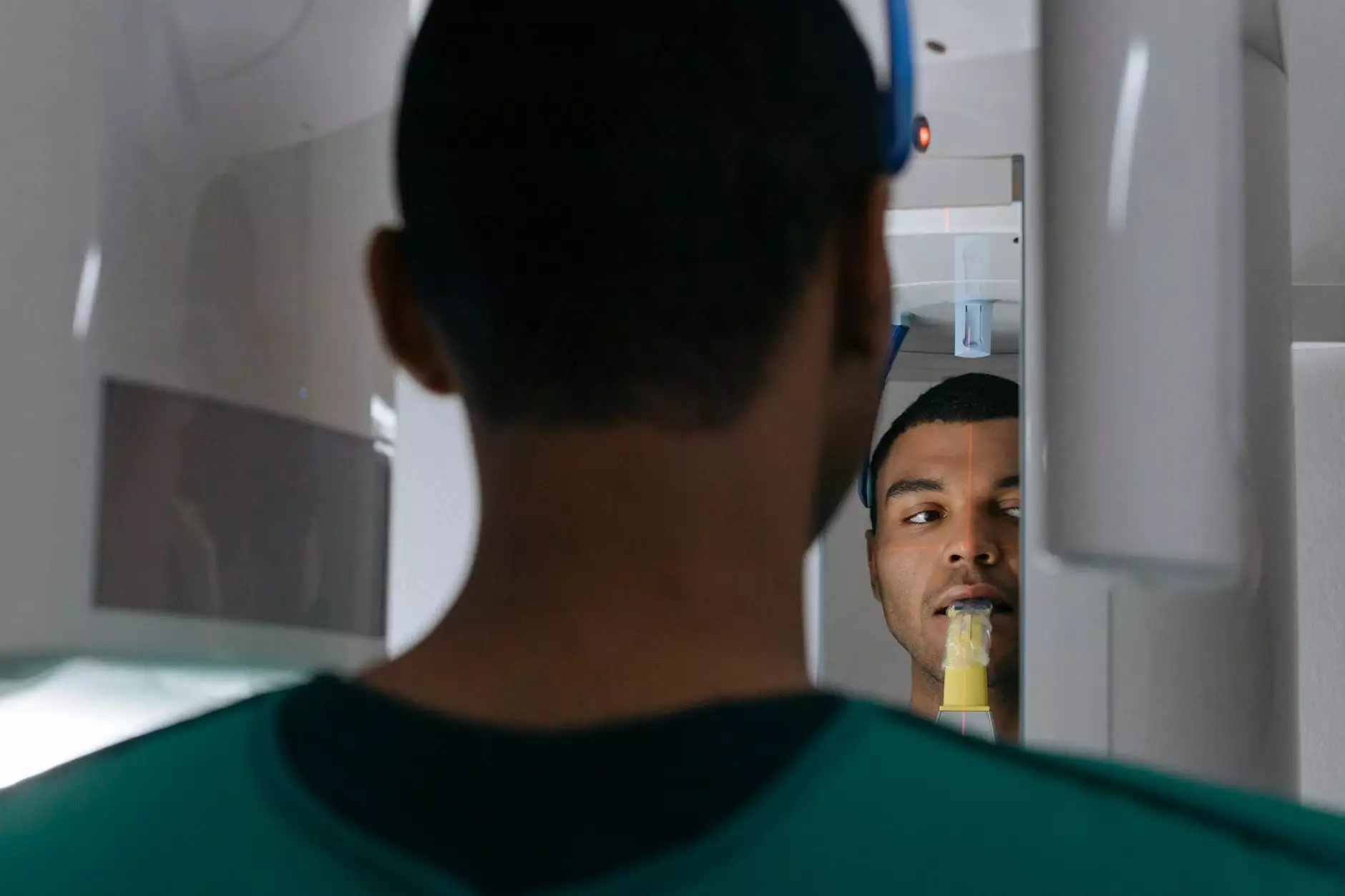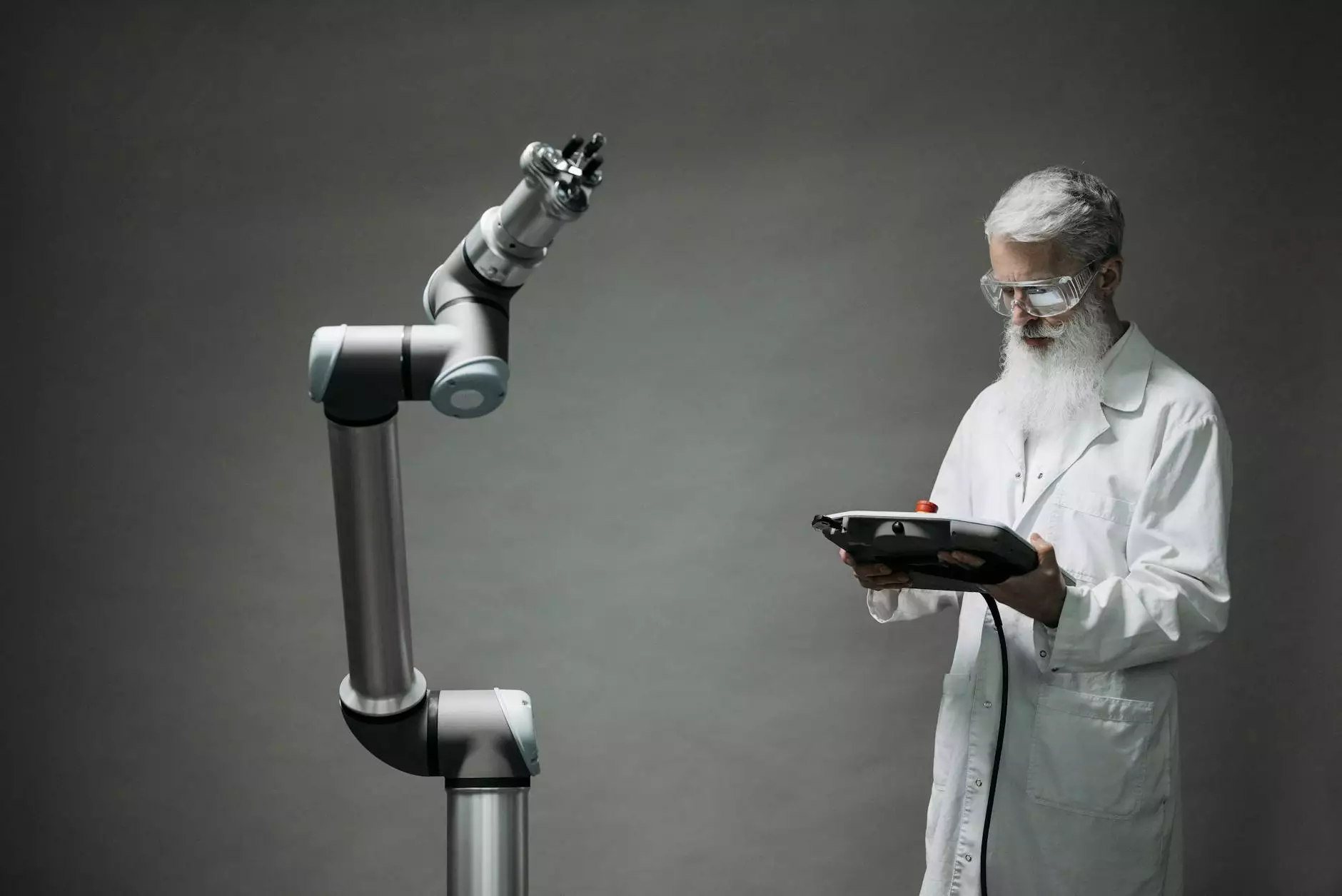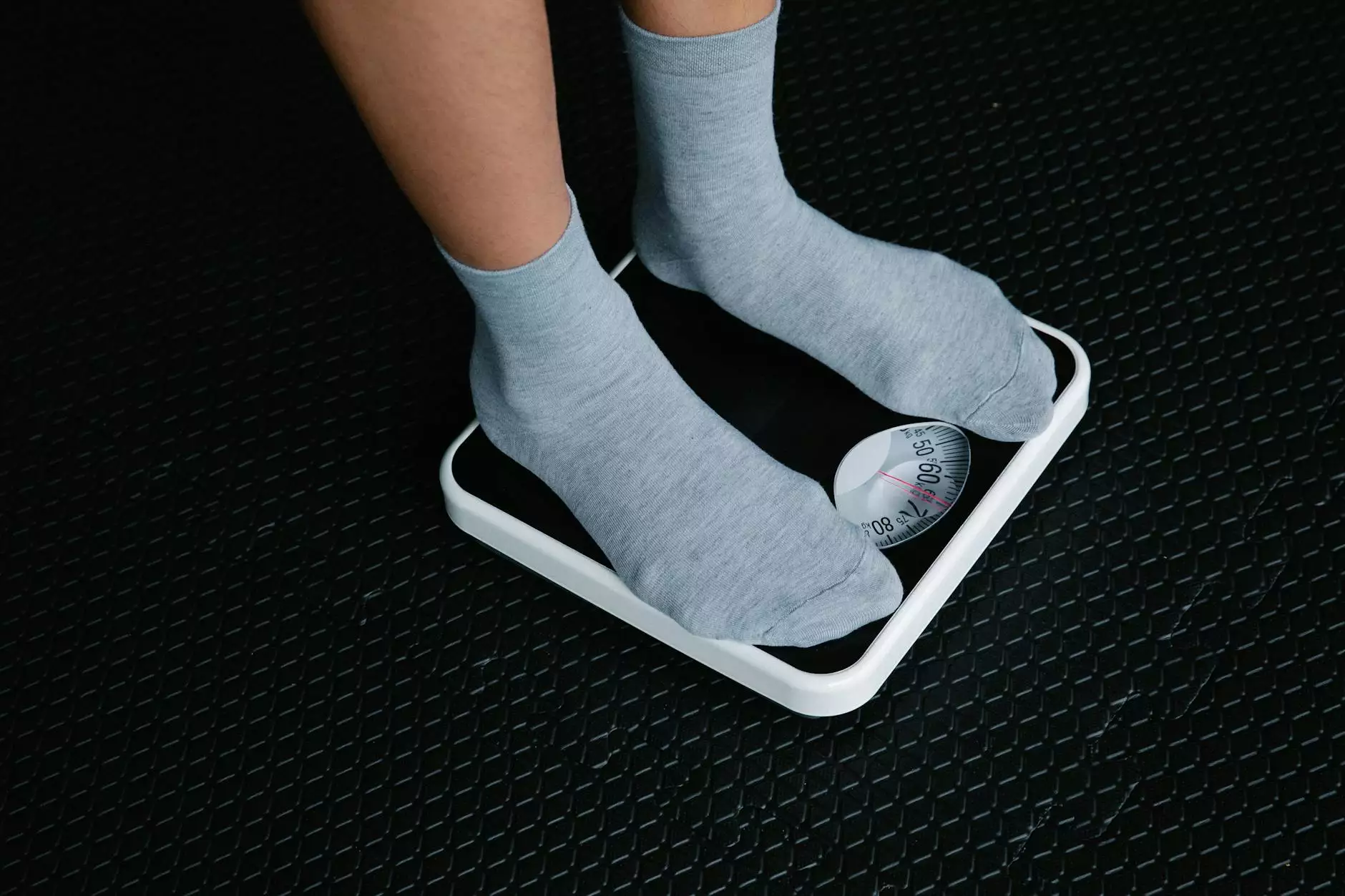The Importance of Equine Oral Medicine in Equine Health

In the world of equine health, equine oral medicine is a critical aspect that often does not receive the attention it deserves. Whether you're a seasoned professional in the equine industry or a passionate horse owner, understanding the nuances of oral care can significantly impact your horse's overall health and performance. This article will delve into the various facets of equine oral medicine, its importance, common practices, and how it correlates with the general well-being of our equine companions.
Understanding Equine Oral Medicine
Equine oral medicine relates to the diagnosis, treatment, and prevention of conditions affecting the oral cavity and surrounding structures in horses. This discipline is crucial for maintaining not just dental health but also overall physical health. Oral diseases can lead to serious issues such as poor nutrition intake, weight loss, and various systemic infections.
The Anatomy of the Equine Mouth
To understand the significance of equine oral medicine, it is essential to familiarize yourself with equine dental anatomy:
- Incisors: The front teeth, primarily used for grazing and biting off grass.
- Molars: Located at the back of the mouth, these teeth are crucial for grinding food.
- Canines: Found between incisors and molars, these are more prominent in males and assist in fighting.
- Dental Stars: Indicators of tooth age, these are found on the surfaces of incisors.
- Wolf Teeth: Small teeth that may be present in some horses and can lead to bitting issues.
Common Oral Health Issues in Horses
Knowing the common oral health issues faced by horses is the first step towards effective prevention and treatment:
1. Dental Overgrowth
As horses mature, their teeth can develop imbalances and overgrowth. If left untreated, this can lead to pain, difficulty grazing, and even aggressive behavior. Regular dental check-ups are necessary to manage this condition.
2. Periodontal Disease
Just like humans, horses can suffer from gum disease. This condition can lead to tooth loss if not addressed, impacting a horse's eating habits and overall health.
3. Dental Fractures
Fractured teeth can arise from external trauma or poor dental health management. These fractures often lead to abscesses and significant pain, requiring immediate veterinary attention.
The Importance of Regular Dental Care
Regular dental examinations are an essential part of equine health care. These check-ups often include:
- Visual Inspection: A thorough look at the teeth and gums for any signs of disease.
- Float Procedures: This involves filing down sharp edges on teeth to prevent cuts in the mouth.
- X-rays: Advanced imaging techniques that can reveal issues not visible to the naked eye.
Advanced Techniques in Equine Oral Medicine
Modern advances in equine oral medicine allow for better diagnosis and treatment methods. Some of these techniques include:
1. Sedation and Anesthesia
In many cases, performing dental procedures on horses can be challenging due to their size and nature. Veterinary professionals may use sedation to ensure the horse remains calm and relaxed during treatment.
2. Endoscopy
Endoscopic procedures enable veterinarians to visualize the horse's oral cavity and respiratory tract, allowing for a more comprehensive examination and treatment plan.
3. Surgical Interventions
In severe cases, surgical procedures may be necessary to remove problematic teeth or address infections. Equine oral surgeons possess specialized skills to minimize complications and promote recovery.
Nutrition and Its Impact on Oral Health
Nutrition plays a vital role in maintaining oral health in horses. A diet rich in:
- Forage: Hay and grass are essential for natural wear on teeth.
- Minerals: Calcium and phosphorus are critical for maintaining strong teeth.
- Vitamins: Key vitamins, such as Vitamin D, help in calcium metabolism.
A poorly balanced diet can significantly lead to dental problems. Horse owners must ensure their horses receive adequate nutritional support while also promoting oral health.
Recognizing Signs of Dental Problems
Being observant of your horse's behavior can be fundamental in catching dental issues early. Look out for signs such as:
- Excessive Salivation: This can indicate a dental abscess or other oral problems.
- Chewing Difficulties: If your horse seems to struggle while eating, it could signal dental pain.
- Foul Breath: Halitosis in horses can be a symptom of systemic illness or dental disease.
- Weight Loss: Unexplained weight loss can signal oral discomfort affecting the horse's ability to eat.
The Future of Equine Oral Medicine
As veterinary medicine continues to evolve, the future of equine oral medicine holds promising advancements. Innovations such as:
- Telemedicine: Provides opportunities for veterinary consultations from a distance, enhancing accessibility.
- Genetics: Ongoing research into genetic predispositions for oral diseases can shape prevention and treatment strategies.
- Wearable Technology: Emerging tech may allow for continuous monitoring of dental health indicators in horses.
Conclusion: Prioritizing Equine Oral Health
In conclusion, the field of equine oral medicine is essential for the health and performance of our equine companions. By understanding the importance of regular dental care, being aware of common issues, and recognizing the signs of dental problems, horse owners and caretakers can significantly improve their horse’s quality of life. Investing in oral health is not just an annual check-up; it’s a cornerstone of comprehensive equine health care. The commitment to maintaining your horse's oral health will pay off in better performance, behavior, and longevity.
For additional resources on equine oral medicine, visit Racehorse Medical Care to explore a plethora of information about dental care practices and products aimed at supporting the health of your beloved equine friends.









